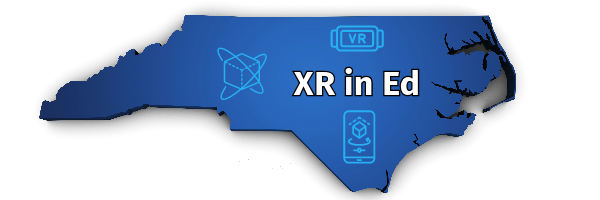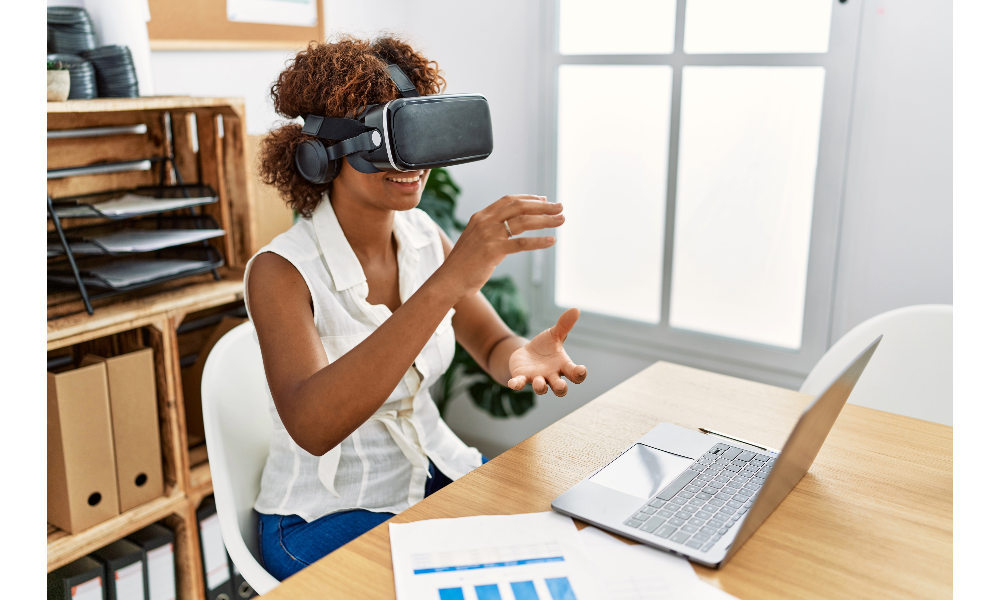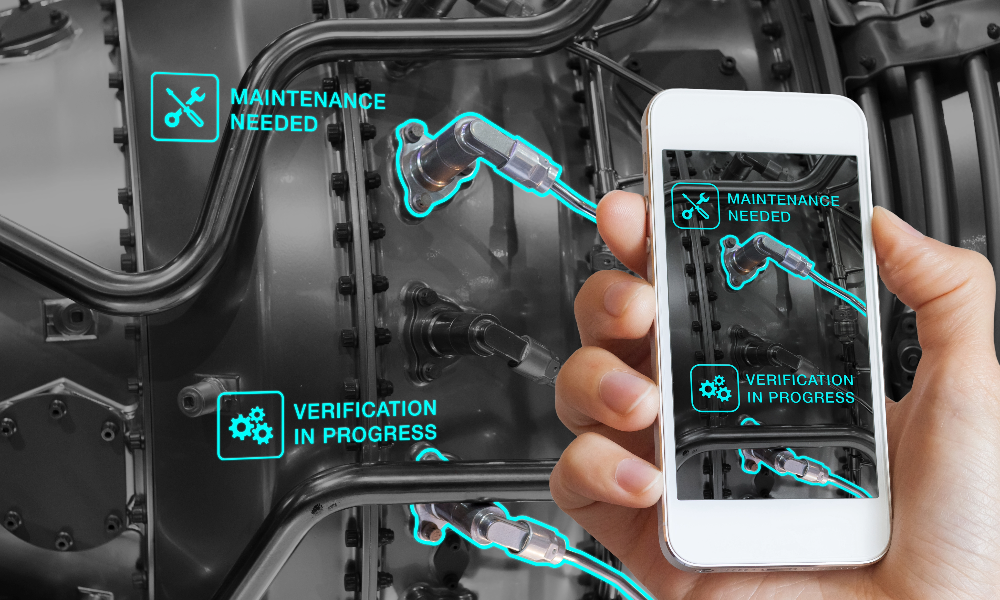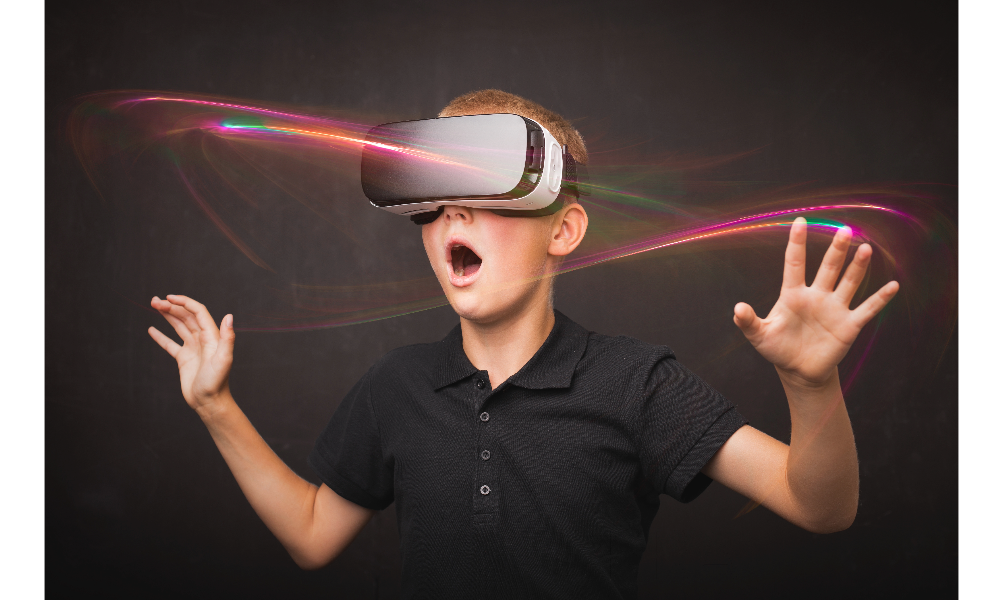Start working with our enrollment team to find the best path forward.
Please send me information about the XR Foundations: Designer program when it becomes available.

Objective:
To create a cohort of North Carolina schools/districts to serve as pioneers in integrating Extended Reality (XR) in K-12 education across multiple disciplines.
Program Vision:
To foster a dynamic environment that facilitates innovation, collaboration, and inclusivity in learning through XR, ensuring that students and staff are prepared for the evolving demands of the 21st century.
Scale & Scope:
The initial pilot will start with a minimum of 10 schools/districts in the first semester. Another 10 – 15 schools/districts will be added for the second semester.
Expected Outcomes:
Let’s Shape the Future Together!
We invite schools and districts from North Carolina to join us in this pioneering effort and lead the State in embracing immersive technology. Let’s co-create experiences that will change the way students learn and prepare them for tomorrow’s challenges and opportunities.



Technology: Deploy ten managed VR headsets per district, equipped with cutting-edge software tailored to support academic goals.
Content: A comprehensive XR curriculum focused on computer science, design thinking, 21st-century skills, and mental wellness exercises.
Access: The program is designed to ensure all students have access to this advanced learning platform and that it can be scaled further.
Guidance & Mentorship: Each participating school/district will be paired with a dedicated team of industry experts. These professionals will provide:
✓ Subject-specific metrics to gauge and drive progress.
✓ A growth-minded approach, assisting educators every step of the way, ensuring they’re well-equipped to harness the potential of XR.
✓ Technical support on management, content, and deployment.
Time Commitment: A commitment of at least three months to experiment with, explore, and integrate XR technology into the academic fabric.
Focus Area: Selection of at least one area of focus for development from the list below.
Support: Time and support to train staff and students as appropriate according to the focus area selected.
Cost: Each participating school/district (a school/district may have more than one focus area), will be responsible for $15,000, which will be matched by corporate sponsorship and philanthropy for an additional $15,000.
Application Deadline: Applications are being accepted on a rolling basis and seats are limited so schools/districts should submit their interest as soon as possible.
1. Teach Tech Skills to Middle and High School Students
2. Use the power of XR to Continue Building 21st-Century Skills
Of the following list, bring focus on skills that are priorities for participating districts:
3. Teacher Professional Development – up to 16 hours of PD
4. Career Technical Education (CTE)
5. Extended Reality for Health and Mental Wellness
6. English Learner Education (ELE) Program and Foreign Language Education Program
7. Career Exploration
8. Curriculum Enhancement in the STEAM Content Areas
9. Physical Activity
10. Special Education